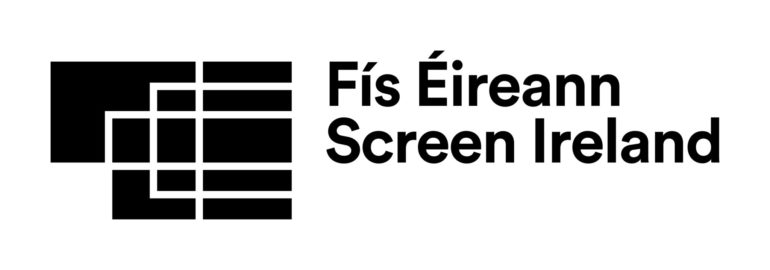The Irish Film Board (Amendment) Bill 2018 has passed all stages of Seanad and Dáil Éireann. The amendment increases the statutory limit on the cumulative capital outlay, commitments and liabilities that can be advanced to Screen Ireland from €300 million to €500 million. Essentially the limit governs the amount of money that has been allocated to Screen Ireland for funding and training purposes over the years.
There is a statutory requirement that this limit be reviewed by the Houses of the Oireachtas every five to six years. This review was overdue as the last increase was in 2011. That increase was the fifth since the introduction of the Irish Film Board Act in 1980.
The total capital allocation for 2018 is €14.2 million. When all of that amount is drawn down then the cumulative total will stand at €295.86 million. That meant that the 2019 capital allocation would breach the statutory limit in the absence of new legislation, necessitating the new limit and new amendment.
€20.04 million has be allocated to Screen Ireland in budget 2019, an increase of €2 million on the figure for 2018. Screen Ireland’s budget is a combination of the capital budget, used to fund film,
television and animation projects and skills training for the screen sector, and the current expenditure budget, used for administration costs in relation to Screen Ireland and Screen Skills Ireland. Budget 2019 also included an announcement that section 481, the Irish tax incentive for film, television and animation, had been extended to 2024. A new time-limited regional uplift of 5% was also announced for the film tax relief.
In the period since 2011, Screen Ireland has assisted the development of a total of 140 feature film projects, 120 documentaries and 30 animation projects. It has also supported over 140 projects for distribution and provided for the development of 700 projects in the period. The recent Olsberg-SPI report showed that the audiovisual sector had contributed €1.05 billion to Ireland’s economy in 2016 and supported employment of 16,930 full-time equivalents, of whom 10,560 were in direct employment. The largest contribution to employment came from the film, television and animation sub-sector which generated 11,960 full-time equivalent jobs, of whom just over 7,000 were in direct employment, including cast and crew. The report confirms that the audiovisual sector supports thousands of jobs in Ireland and that there is significant potential for further growth in the years ahead.

